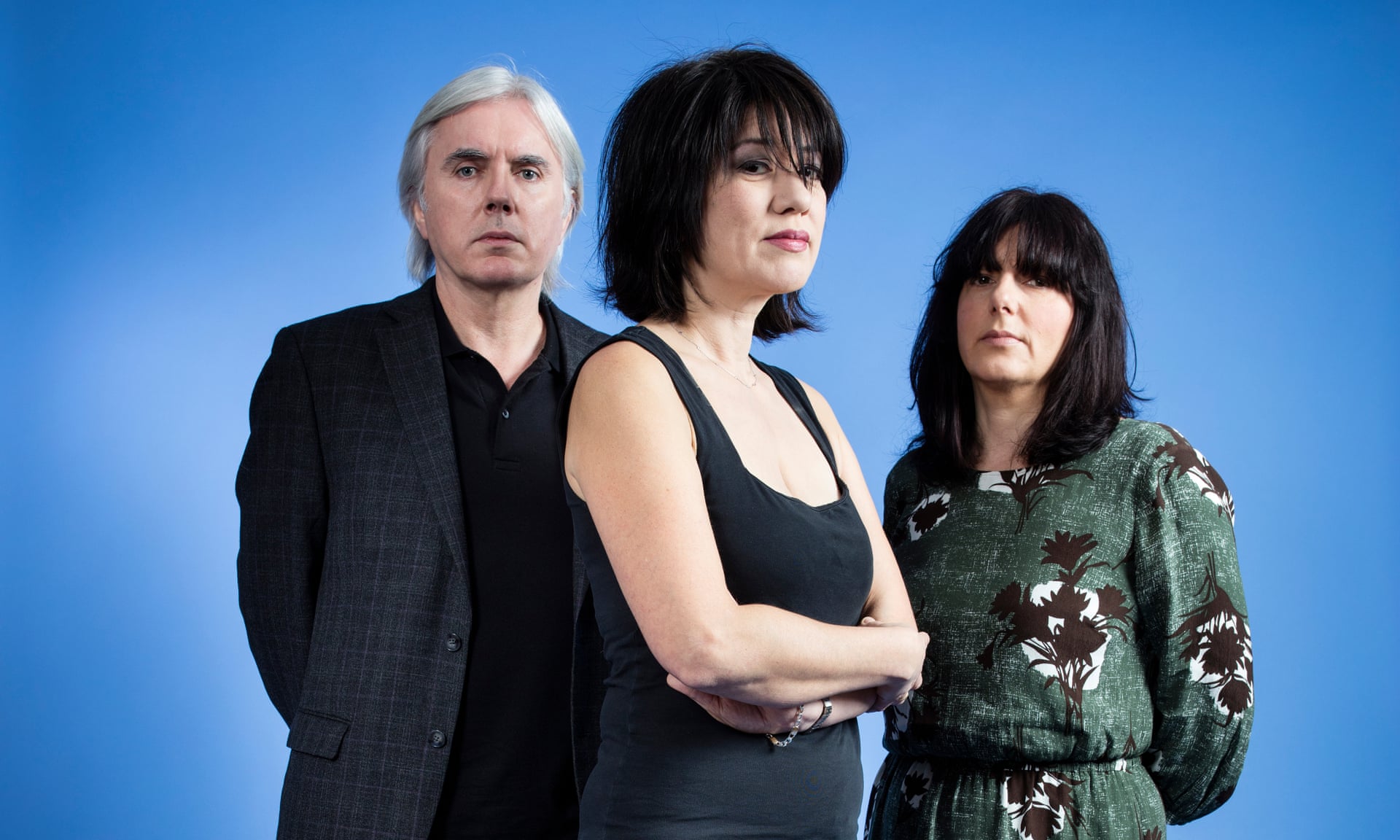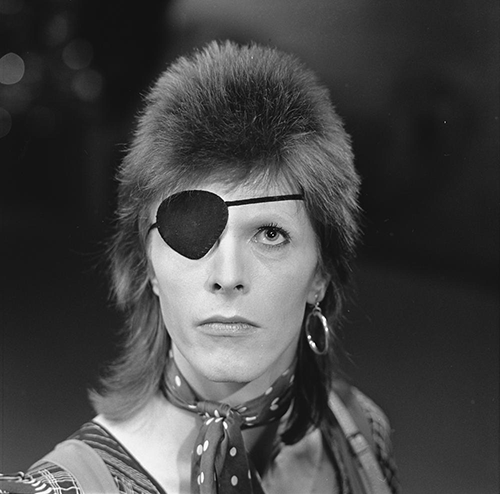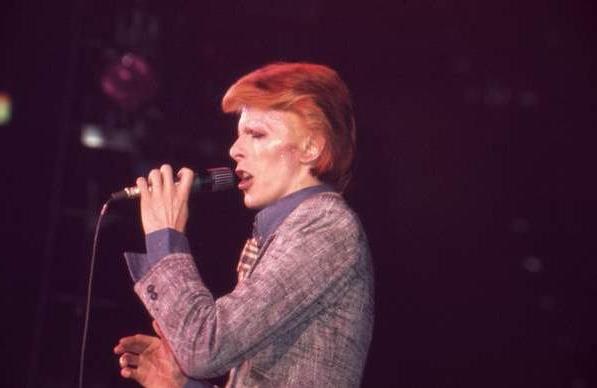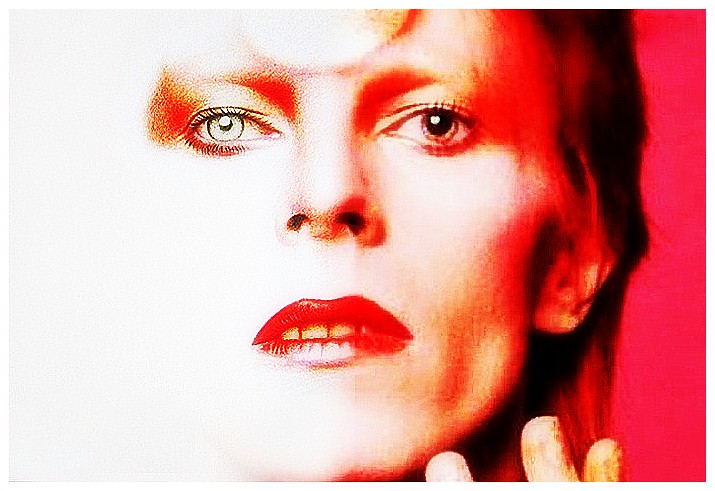 In the digital age and as products of the digital generation, it seems natural that young musicians are abandoning the typical guitar-drums-bass-singer quadruplet in favour of a more manufactured, electronic sound. As technology develops, the music scene does so too in order to accommodate the full spectrum of possibilities now available to aspiring musicians. This is certainly the case with Salem Khazali, alias internethacker, whose breezy synth tunes soundtrack the current fascination with creating music with just a computer.
In the digital age and as products of the digital generation, it seems natural that young musicians are abandoning the typical guitar-drums-bass-singer quadruplet in favour of a more manufactured, electronic sound. As technology develops, the music scene does so too in order to accommodate the full spectrum of possibilities now available to aspiring musicians. This is certainly the case with Salem Khazali, alias internethacker, whose breezy synth tunes soundtrack the current fascination with creating music with just a computer.Even his name demonstrates the control that young artists are gaining over their new materials. When asked where it came from, his answer demonstrates the blend that is in process between digital technology and music; he says 'me and my secondary school friend Mark started a project called Tainted Faces in 2012 [...] We took influences from the emerging web stylings of electronic witch house and glitch pop/trap/ The way I'd work on stuff was from chopping up sound glitches that I'd made, so he jokingly called me the internet hacker once, and it stuck.' Then, as an afterthought, and even a further comment on the changing environment of music promotion: 'I was also really stoked that it was available as a username, so that was a bonus.'
Although a London lad born and raised, Khazali moved to Falmouth in Cornwall in September of last year to pursue a degree in graphic design. Surely such a drastic change of scenery would have had some effect on the production of his music? He says, 'what I've noticed is the hang of pace. Things happen a lot slower here, there's less of a bustle, and there isn't much of an emphasis on being totally goal-oriented. Rather, people are doing things the way they know works, so it's more of a quality over quantity vibe. The way this affects my music is that I get quite absorbed into one track, whereas when I was in London I tried to push out a collection on Soundcloud quite quickly.'
Khazali notes that this pressure to bulk up his body of work was rather restrictive, commenting, 'I've probably deleted half of my work from Soundcloud because I really want to work on one sound instead of bouncing around from genre to genre.'
Living outside of London does have its drawbacks, however. 'My friends have met [Jamie xx] on nights out recently.' Whilst this seems rather trivial, Khazali cites Jamie xx as one of the positive examples for him in the music industry, a notoriously cut-throat world. 'He keeps it simple, real, and about the music [...] He is very humble and thankful for how he's blown up and I really like that. I dunno, just let the music speak for itself unless your persona is making some kind of point. [That's why] I also really like his anonymity.'
 When it comes to describing his own writing process, Khazali is as in-depth, meticulous and eager as his music would suggest. As a base, he 'starts with modifying a synth until it sounds how I feel at the time. It's way more about melodies for me than anything else... the words just sort of fall into place.' Next comes the beat, and in this he draws inspiration from 'noughties hip hop at the moment, but I've delved into witch house and trap house.' To add interest to an already fascinating mixture of tracks, Khazali says that 'I'm clasically trained so a lot of my chord techniques are heavily influenced [by] my violin scales.'
When it comes to describing his own writing process, Khazali is as in-depth, meticulous and eager as his music would suggest. As a base, he 'starts with modifying a synth until it sounds how I feel at the time. It's way more about melodies for me than anything else... the words just sort of fall into place.' Next comes the beat, and in this he draws inspiration from 'noughties hip hop at the moment, but I've delved into witch house and trap house.' To add interest to an already fascinating mixture of tracks, Khazali says that 'I'm clasically trained so a lot of my chord techniques are heavily influenced [by] my violin scales.'From what Khazali intimates, it's a very spontaneous process, incredibly multimedia ('I spend a lot of time writing random things in a sketchbook, so that's where the words come from'), adding details of 'what sounds right from the get-go'. However, this apparent spontaneity can be deceptive. 'The time it takes [to make a track] will vary so much from a few hours to a few weeks. I care a lot about it being organic, but the length of time won't change the heart and soul that I hope can be heard in the final result.'
In terms of the artists that inspire him, Khazali notes Moby, Royksopp (Eple is my all-time fave') and Kanye West, to name but a few. 'I really like clever sampling and production that is detailed but not over-worked, so it's a philosophy that I'm trying to live by'. He also notes GLOWS, a schoolmate from sixth form, as a big influence, in that 'helping to coordinate his initiative Slow Dance has been a fun way to genre bend. My softer synths on my Soundcloud can be heard clearly around the time we started doing music together.'
Internethacker is clearly more than a Soundcloud username. Internethacker is thoughtful, considered, chilled. Listen up.
Listen to internethacker here
Listen to GLOWS here






